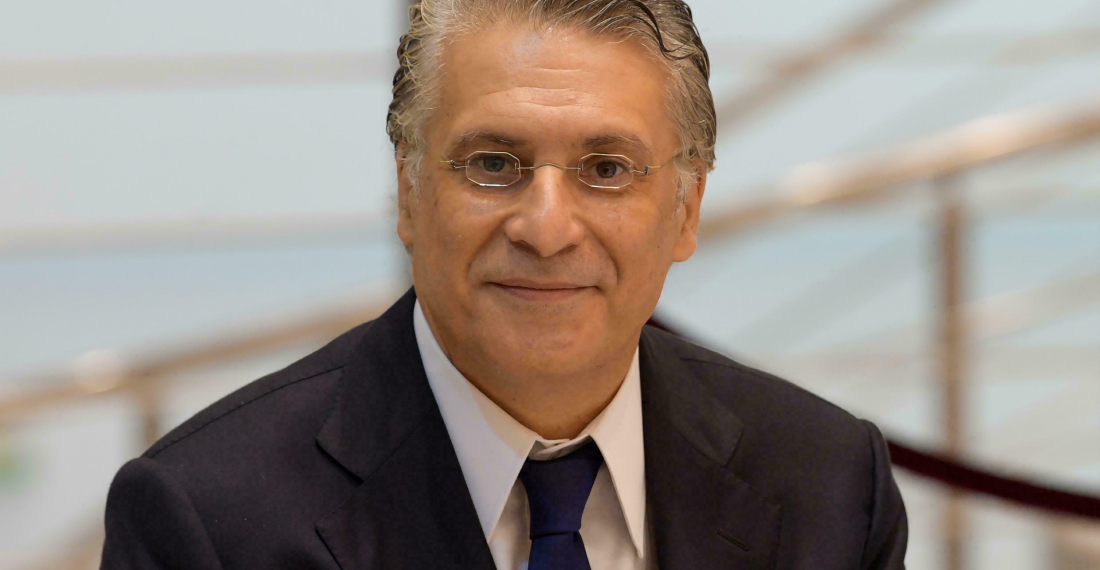Former Tunisian presidential candidate, Nabil Karoui, was arrested in Algeria on Sunday (29 August). According to several Tunisian and Algerian media, he is accused of having entered the country illegally.
While many businessmen are prevented from leaving Tunisian territory by the authorities as part of a vast anti-corruption campaign, Karoui is said to have crossed the border between Tunisia and Algeria illegally, leading to his arrest in the town of Tebessa, located a stone’s throw away from the border between the two countries. He was accompanied by his brother, an MP whose immunity was frozen at the same time as the activities of Parliament by President Saïed on 25 July.
The two men are due to appear before a judge on Monday before being escorted back to the border.
Owner of the Tunisian channel Nessma and president of the second largest party, Qalb Tounes (Heart of Tunisia), Nabil Karoui was released on 15 June after being detained for six months in Tunisia for money laundering and tax evasion. He had not appeared in public since president Saïed's coup last month.
On 24 August, the president announced the extension of the state of emergency “until further notice”. Some Tunisians fear the economic consequences that might arise from a prolonged state of instability.
Indeed, the very strong popularity of the Tunisian president did not prevent thousands of Tunisians from embarking clandestinely for Europe. As of 25 August, nearly 15,000 people attempted the crossing in July, according to figures from the Tunisian Forum for Economic and Social Rights (FTDES). Among them, nearly half actually arrived in Italy, whilst the others were intercepted by the Tunisian maritime guard.
"It's not a solution to ban people from traveling," Majdi Khouildi, a boat builder from the port of Zarzis, told France24, referring to the dozens of people targeted by administrative restrictions. "Foreign countries do not understand what is happening in Tunisia and they will be afraid to invest. Kaïs Saïed must tackle corruption, but he must do it while the institutions are functioning."







